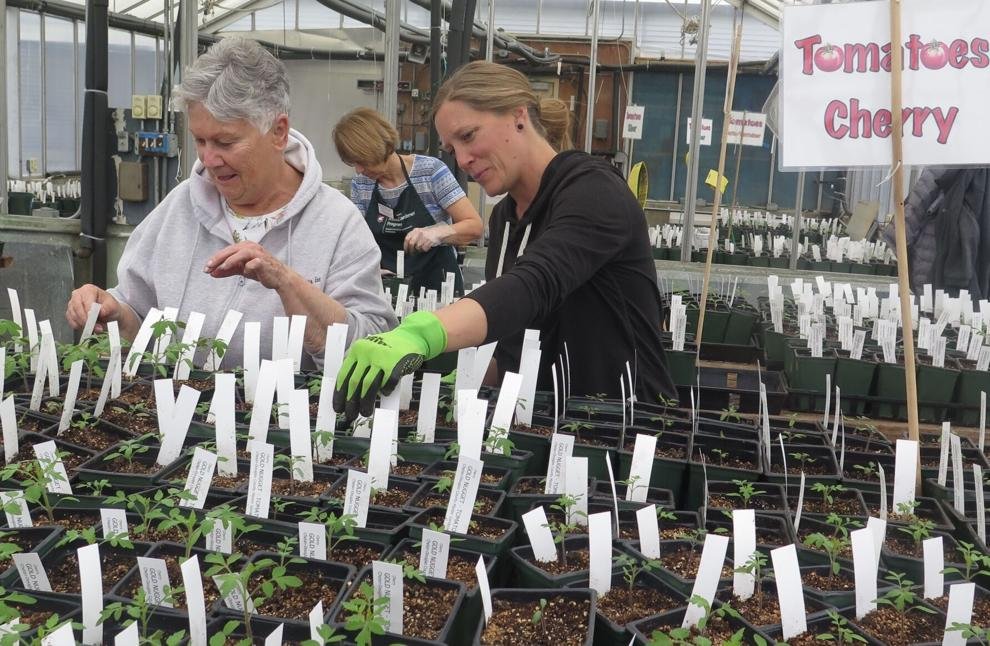How does your garden grow?: Direct seeding vs. transplanting
By Connie Mehmel
WSU Chelan/Douglas County Master Gardener


Now that the days are getting longer, it’s time to think about the flowers and vegetables you will grow this year. Will you plant seeds directly into your garden soil? Will you buy plants that are already started and transplant them into your garden? Will you start your own seeds indoors, tend them until the weather is right, then transplant them outdoors? It all depends on what you want to grow.
If you plan to grow heat-loving vegetables like tomatoes, peppers and eggplants, they must be started indoors. These southern vegetables require high temperatures to germinate and long growing seasons to produce fruit. The only way they will reach maturity in our northern climate is if they get a head start indoors.
If you grow cool-season crops like Brussels sprouts, mizuna and kale, the calculation is different. Although these plants grow best in cool air temperatures from 60 to 65 degrees, the seeds germinate best in soil temperatures from 77 to 86 degrees. How do you solve this conundrum? In spring, you can start your seeds indoors, keeping them warm until they germinate. Once they emerge and have true leaves, you can plant them outside.
Another approach to cool-weather crops is to grow them in the fall. They can be direct seeded into the garden in late summer when the soil is warm and they will germinate quickly. Then the plants will be growing as the weather becomes cooler. Kale will continue to grow into the winter until the days become too short (less than 10 hours of daylight).
Transplanting is more reliable than direct seeding because you have better control over the plant environment. You can provide ideal germination conditions, protect your new seedlings from wind and cold temperatures, then set your plants out once the weather is suitable. Transplants also have a head start on any germinating weeds.
Despite all its advantages, some crops are not suitable for transplanting. It is almost impossible to transplant root crops such as carrots, parsnips or beets without damaging the root.
Other plants, including squash and cucumber, are sensitive to root disturbance but can be transplanted with care. They germinate and grow fairly quickly, so it’s important not to start them too early. They will be ready to transplant three to four weeks from the time seeds are started. If they are kept in the pot too long, roots will fill the pot and it will be difficult to transplant them without root damage.
If you decide to buy started plants for your garden this spring, you can find a great selection of tomatoes, peppers, garden vegetables, herbs and flowering plants at the Master Gardeners plant sale at Pybus Public Market on the last Saturday in April. I hope to see you there!
A WSU Chelan and Douglas County Master Gardener column appears weekly in The Wenatchee World. To learn more, visit bit.ly/MGchelandouglas or call (509) 667-6540.
